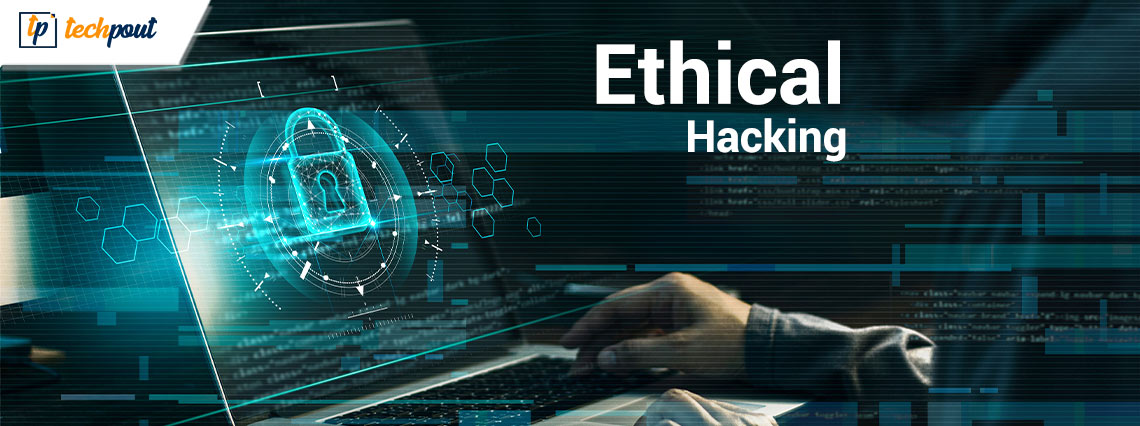Fundamental Aspects To Consider When Choosing A Ethical Hacking Course

Ethical hacking, also known as penetration testing, identifies vulnerabilities and weaknesses in computer systems to protect them from potential cyber threats. It involves using the same methods that hackers use to break into a system to find its weaknesses and prevent them from being exploited.
With the increase in demand for ethical hackers, many individuals and organizations are now seeking ethical hacking courses from GuidedHacking.com or other portals to develop the skills and knowledge required to become competent, ethical hackers. However, with the numerous courses available, it can take time to identify the right one. This article will discuss the fundamental aspects to consider when choosing an ethical hacking course.
Accreditation and Certification
Accreditation is a validation process that ensures that the course provider meets the set standards and provides quality training. Accredited courses are recognized and accepted by most organizations and institutions.
In addition to accreditation, certification is another important consideration. It proves that an individual has completed a course and has the necessary knowledge and skills to perform ethical hacking tasks. Choosing a course that offers certification is essential, as it increases your chances of getting hired and demonstrates your competence in the field.
Also Read: Best Hacking Apps For Android
Course Content
The course content is another essential consideration when choosing an ethical hacking course. The course should cover many topics, including network security, web application security, wireless security, and social engineering. The content should be up-to-date, relevant, and practical, including hands-on training and practical exercises.
It is also essential to consider the course level. Beginners should start with an introductory course that covers the basics of ethical hacking, while advanced users should look for courses that cover advanced techniques and methodologies.
Delivery Method
Various delivery methods are available, including online courses, classroom training, and self-paced learning. Online courses offer flexibility and convenience, allowing learners to study at their own pace and from anywhere. Classroom training, on the other hand, provides a more interactive and engaging experience, with the opportunity to interact with instructors and other learners. Self-paced learning combines the flexibility of online learning with the interactive aspect of classroom training.
Instructor Experience and Qualifications
The instructor’s experience and qualifications are critical factors when choosing an ethical hacking course. They should have relevant certifications, such as the Certified Ethical Hacker (CEH) or Offensive Security Certified Professional (OSCP), and have experience working in the field.
It is also essential to consider the instructor’s teaching style and approach. They should be able to explain complex concepts and understandably and provide practical examples and real-world scenarios.
Cost and Value for Money
Ethical hacking courses vary in cost, with some being more expensive than others. However, it is essential to consider the value for money rather than the cost alone. A more expensive course may offer more comprehensive training, practical exercises, and certification, which may be more valuable in the long run. On the other hand, a cheaper course may offer less training and practical exercises and may not include certification, which may not be as valuable.
Also Read: Best WiFi Hacking Apps For Android
Final Thoughts
Choosing the right ethical hacking course is crucial in acquiring the knowledge to become a competent hacker. Consider the above factors and research various portals to choose the best course for you.


